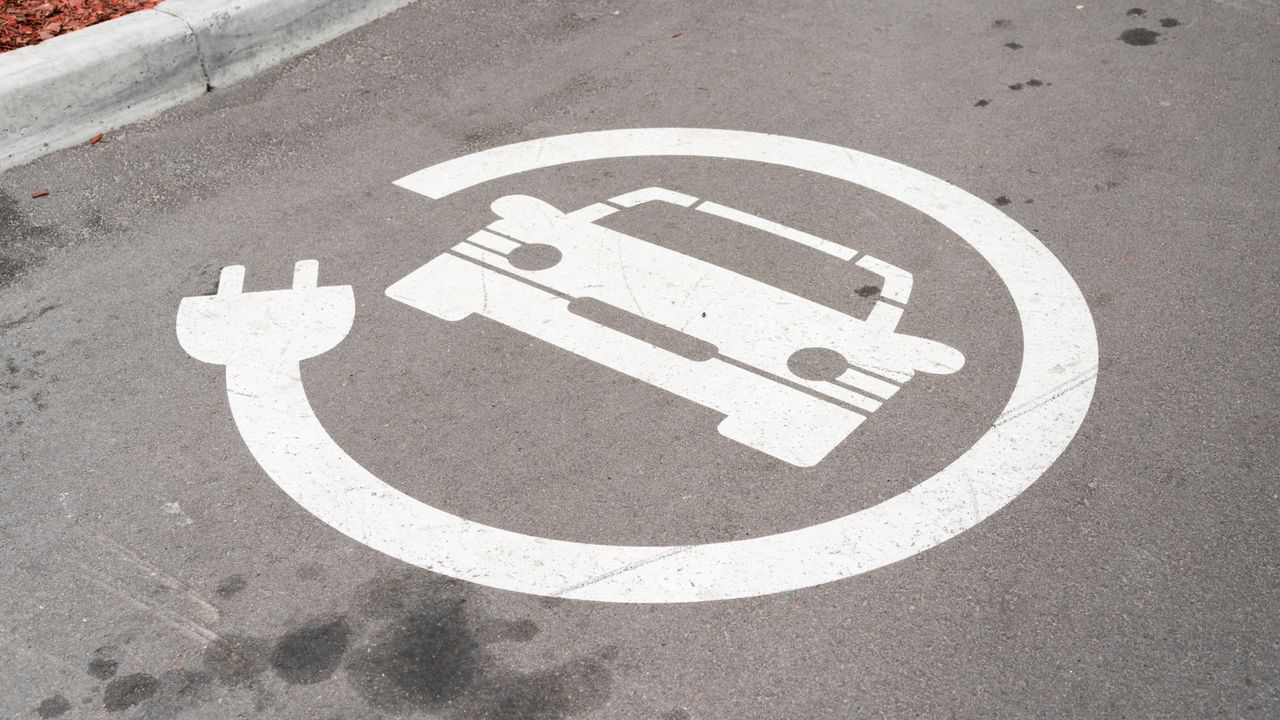The Role of Electric Cars in Reducing Greenhouse Gas Emissions
Electric cars have emerged as a promising solution to combat climate change and reduce greenhouse gas emissions. With the increasing concern over air pollution and the depletion of non-renewable resources, the adoption of electric vehicles (EVs) has gained significant momentum in recent years. In this article, we will explore the role of electric cars in reducing greenhouse gas emissions and their contribution to a cleaner and more sustainable future.
Reducing Dependence on Non-Renewable Resources
One of the key advantages of electric cars is their reliance on renewable resources for energy. Unlike conventional vehicles that run on fossil fuels, electric cars are powered by electricity, which can be generated from renewable sources such as solar, wind, and hydroelectric power. By shifting from fossil fuel-powered vehicles to electric cars, we can significantly reduce our dependence on non-renewable resources and decrease the carbon footprint associated with transportation.
Minimizing Air Pollution
Transportation is a major contributor to air pollution, releasing harmful pollutants such as nitrogen oxides (NOx), particulate matter (PM), and carbon monoxide (CO) into the atmosphere. These pollutants have detrimental effects on human health and contribute to climate change. Electric cars produce zero tailpipe emissions, meaning they do not release any pollutants during operation. By transitioning to electric vehicles, we can greatly improve air quality and reduce the negative impacts of pollution on both human health and the environment.
Combating Climate Change
Climate change is a pressing global issue, and reducing greenhouse gas emissions is crucial in mitigating its effects. The transportation sector is a significant contributor to greenhouse gas emissions, primarily through the burning of fossil fuels. Electric cars produce lower or zero emissions, depending on the source of electricity used for charging. By promoting the adoption of electric vehicles, we can make substantial progress in reducing greenhouse gas emissions and combating climate change.
The Environmental Benefits of Electric Cars
Aside from reducing greenhouse gas emissions and air pollution, electric cars offer several other environmental benefits. Firstly, they are more energy-efficient compared to internal combustion engine vehicles. Electric motors convert a higher percentage of energy from the battery to power the wheels, resulting in less energy waste. Secondly, electric cars have the potential to integrate with renewable energy systems, allowing for smart charging and grid stabilization. Finally, the production of electric cars is becoming increasingly sustainable, with manufacturers focusing on using recycled materials and implementing eco-friendly manufacturing processes.
The Future of Electric Cars
As technology advances and the demand for sustainable transportation grows, the future of electric cars looks promising. Governments around the world are implementing policies and incentives to encourage the adoption of electric vehicles, including tax credits, subsidies, and the development of charging infrastructure. Additionally, major automobile manufacturers are investing heavily in electric vehicle research and development, aiming to improve battery technology, increase driving range, and reduce costs.
In conclusion, electric cars play a vital role in reducing greenhouse gas emissions and combating climate change. By relying on renewable resources, minimizing air pollution, and offering various environmental benefits, electric vehicles offer a cleaner and more sustainable alternative to traditional gasoline-powered cars. With continued advancements in technology and supportive government policies, electric cars are poised to revolutionize the transportation industry and contribute to a greener future.
